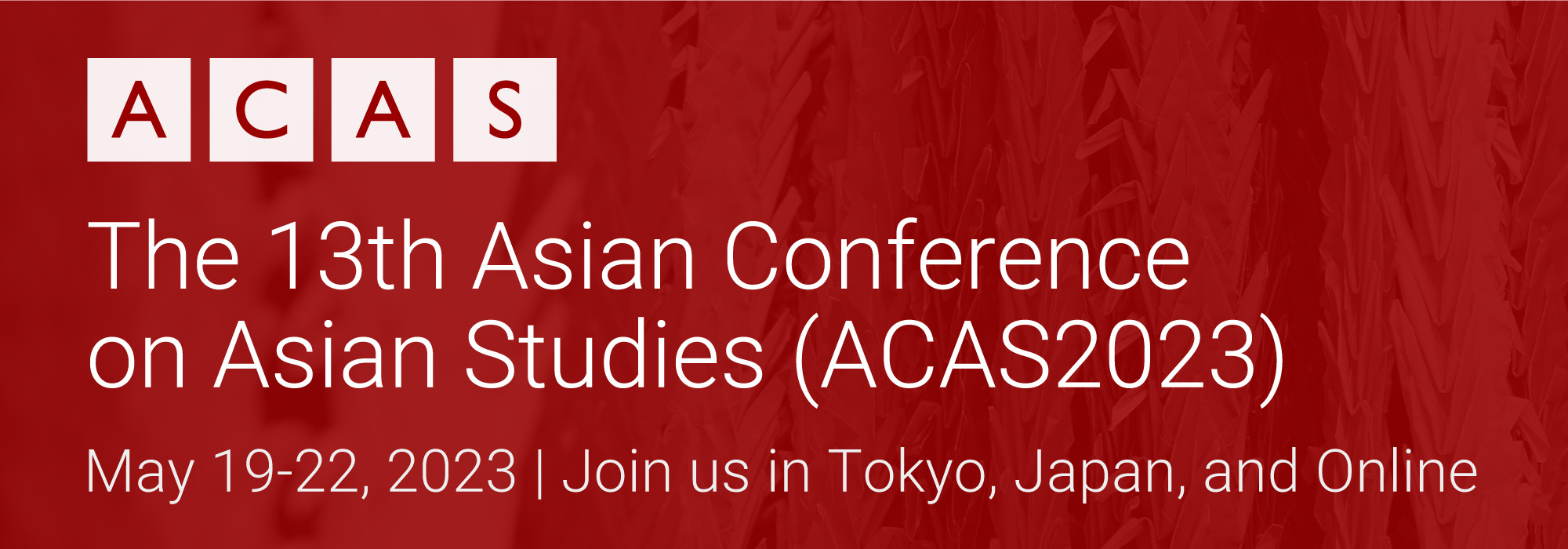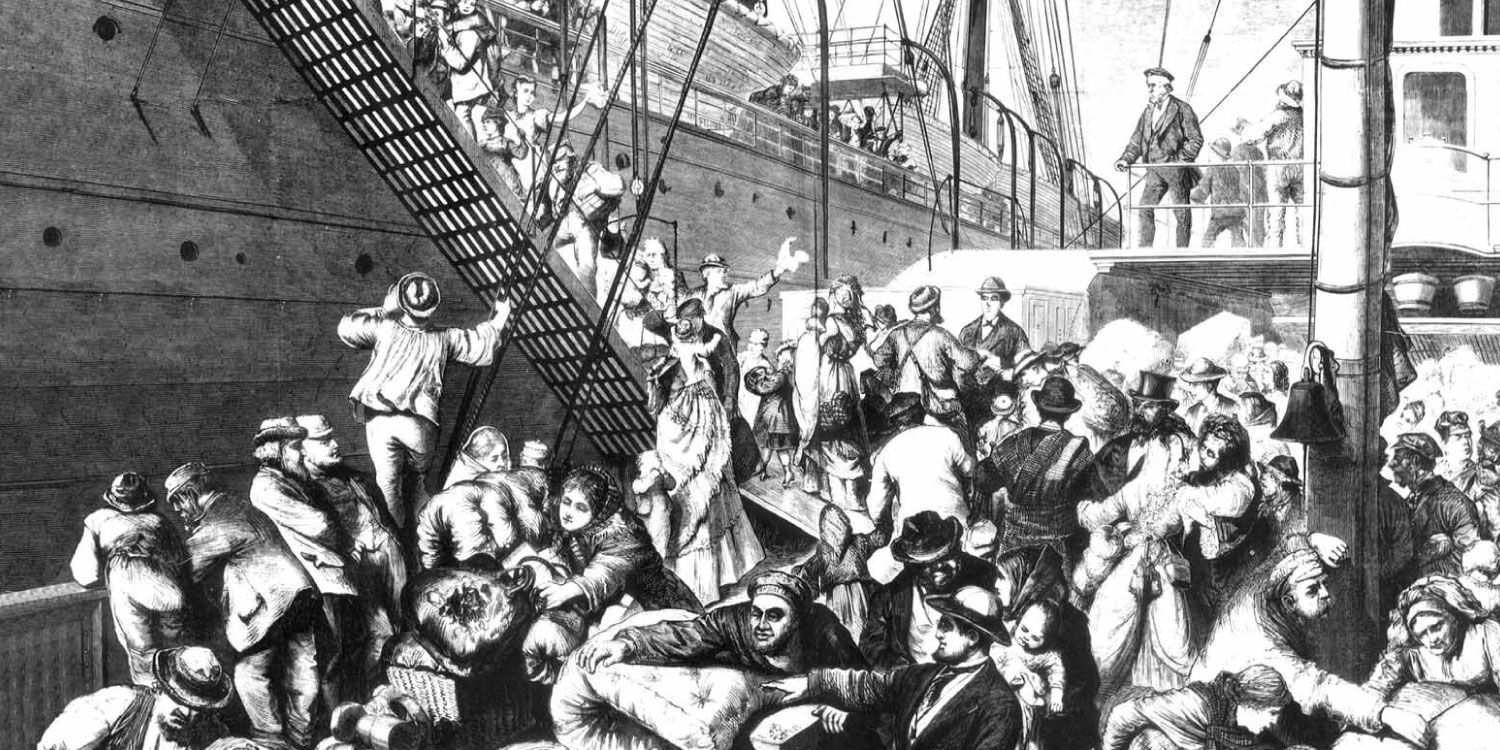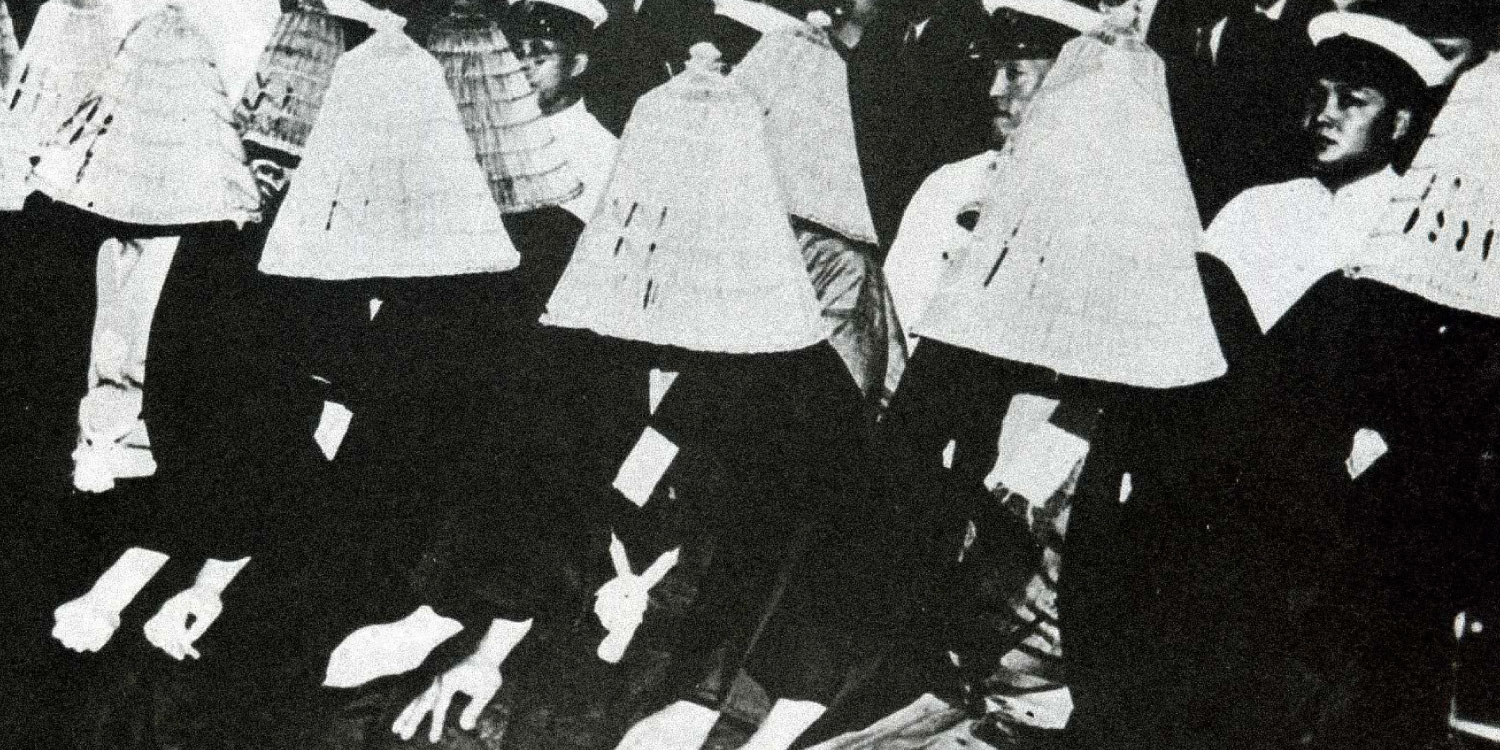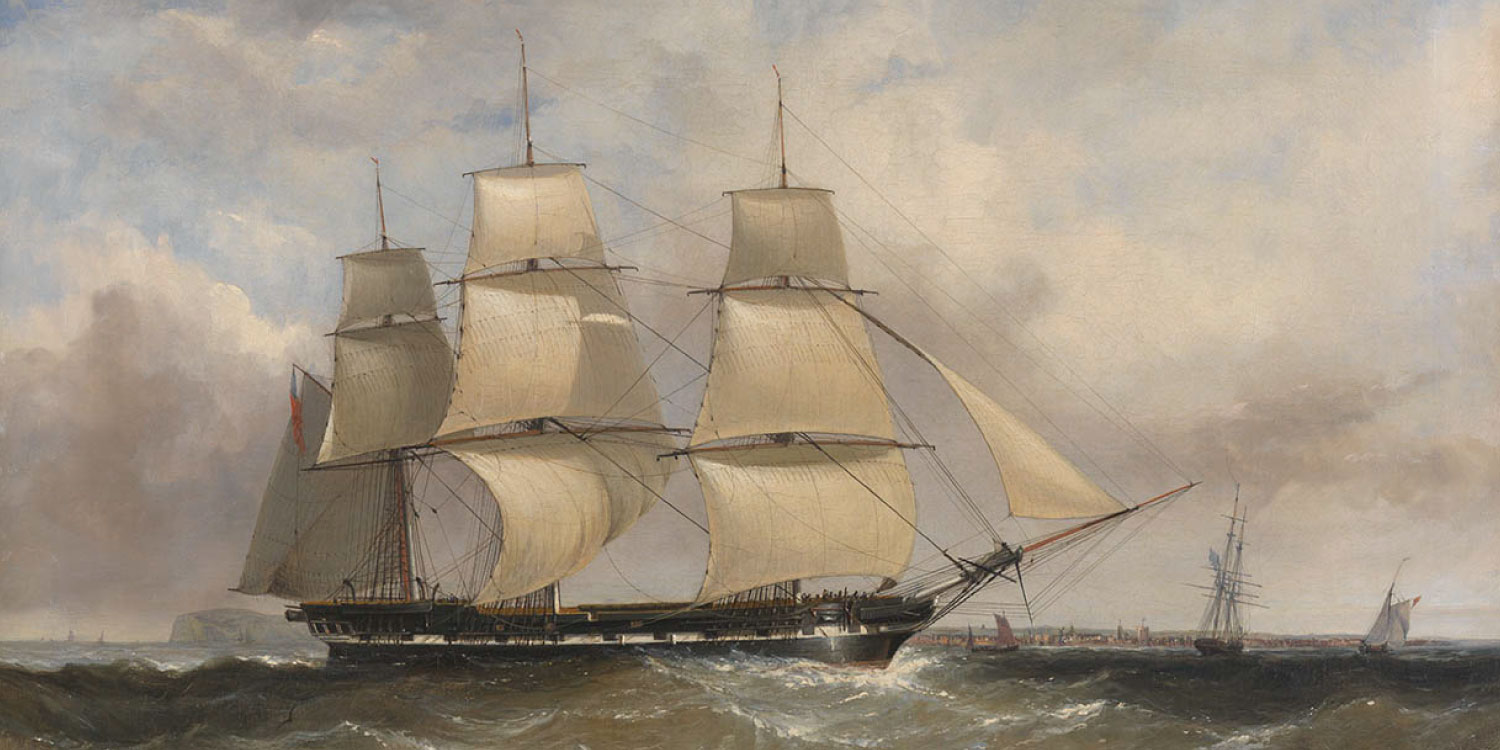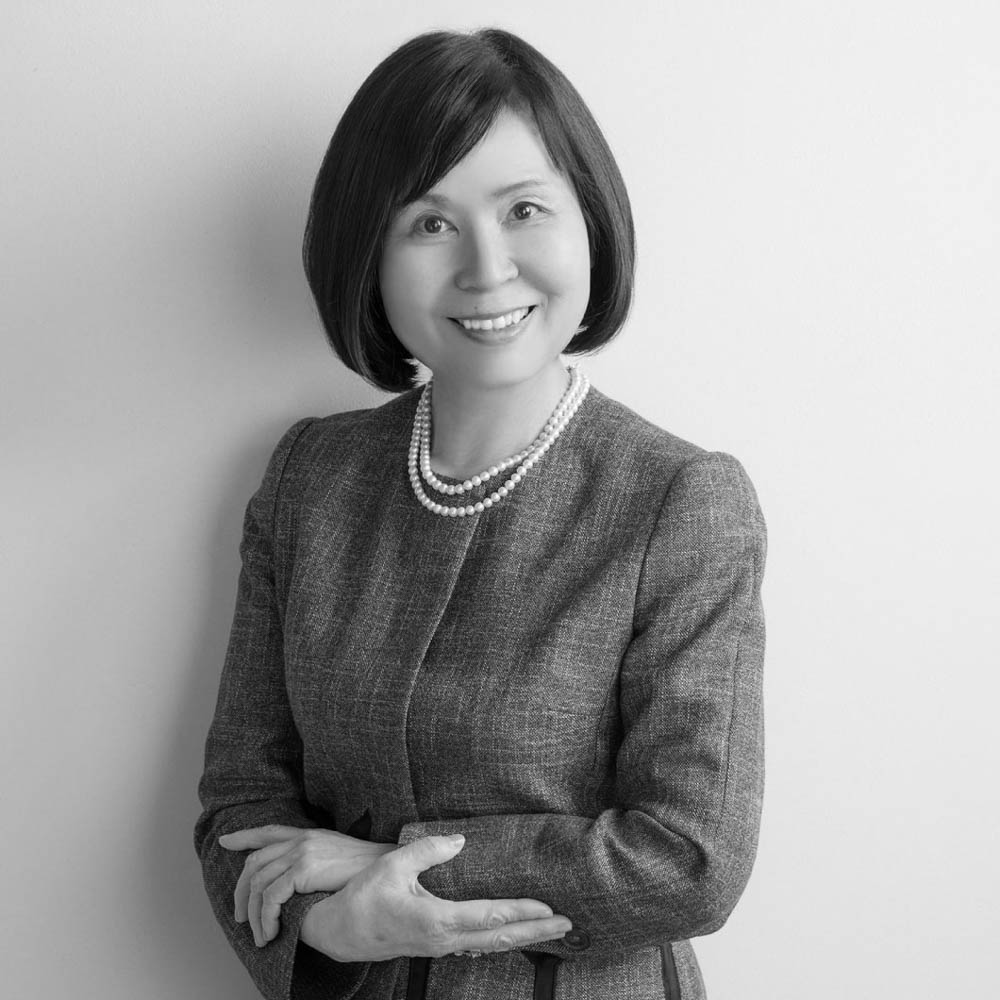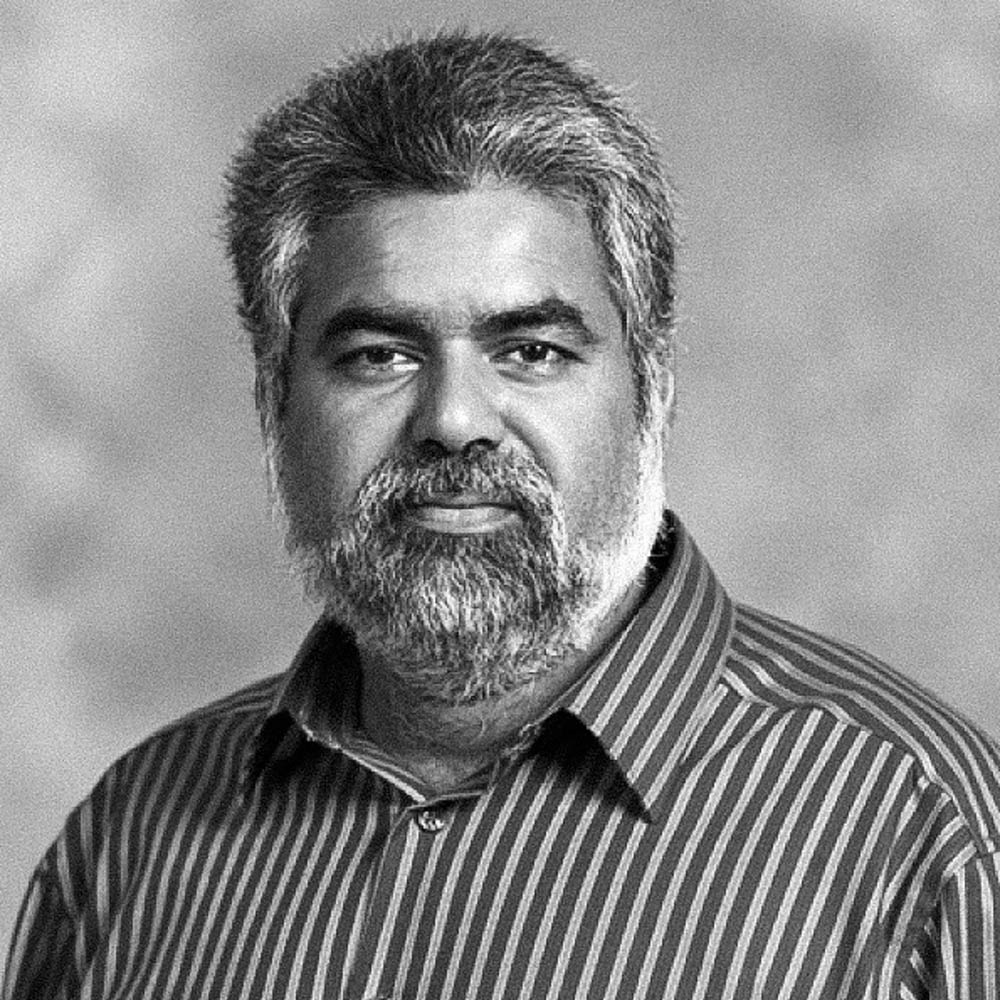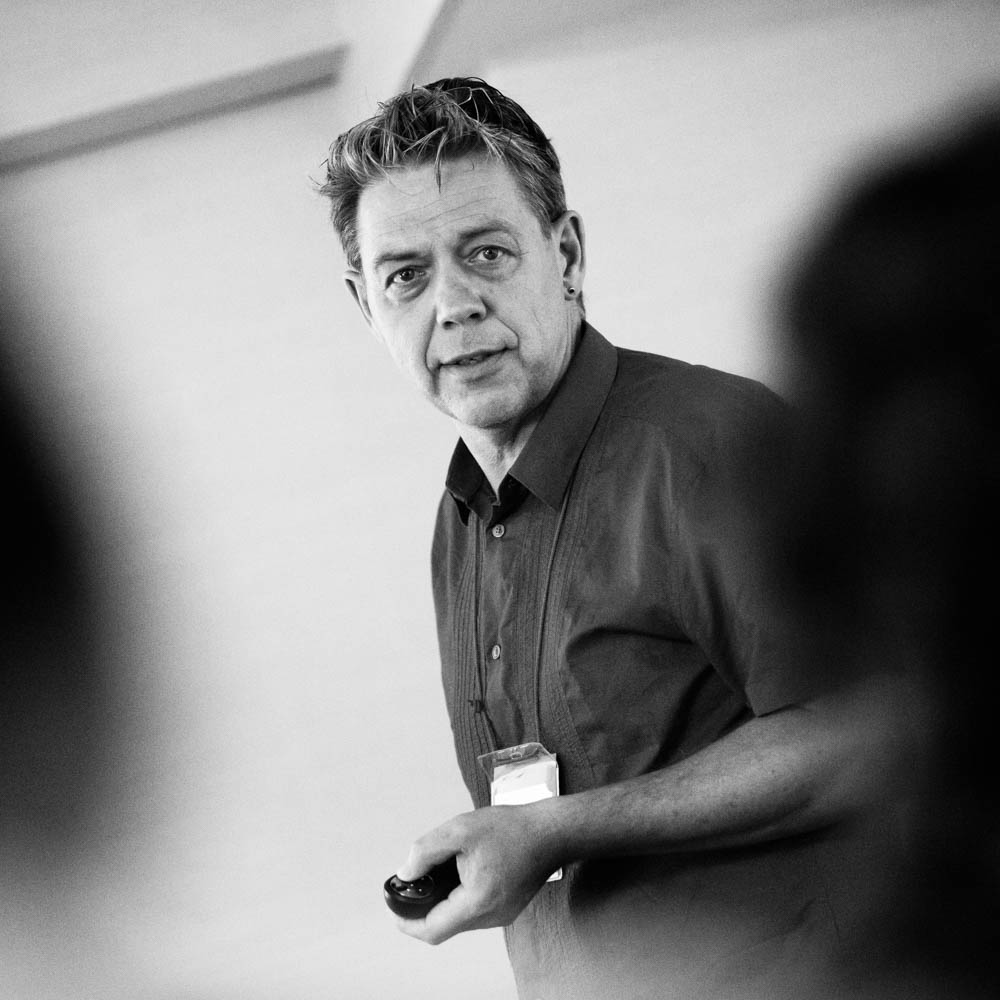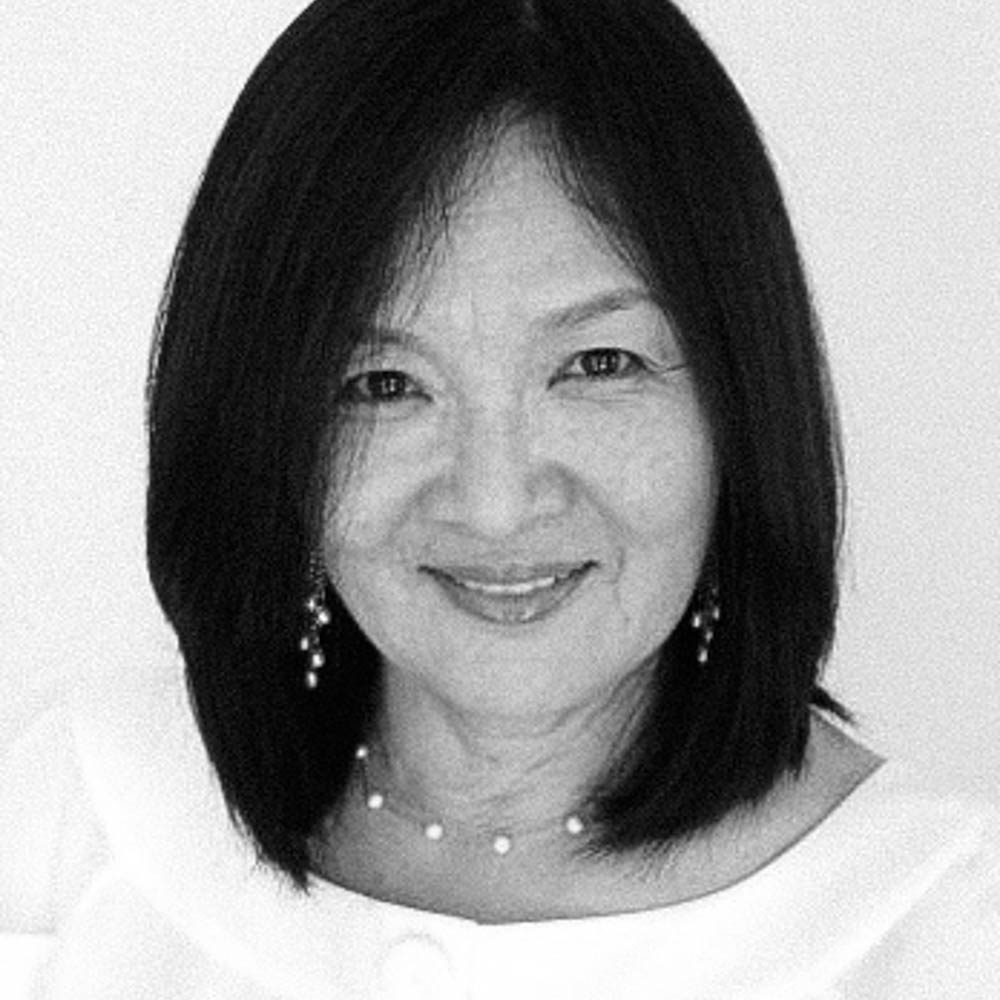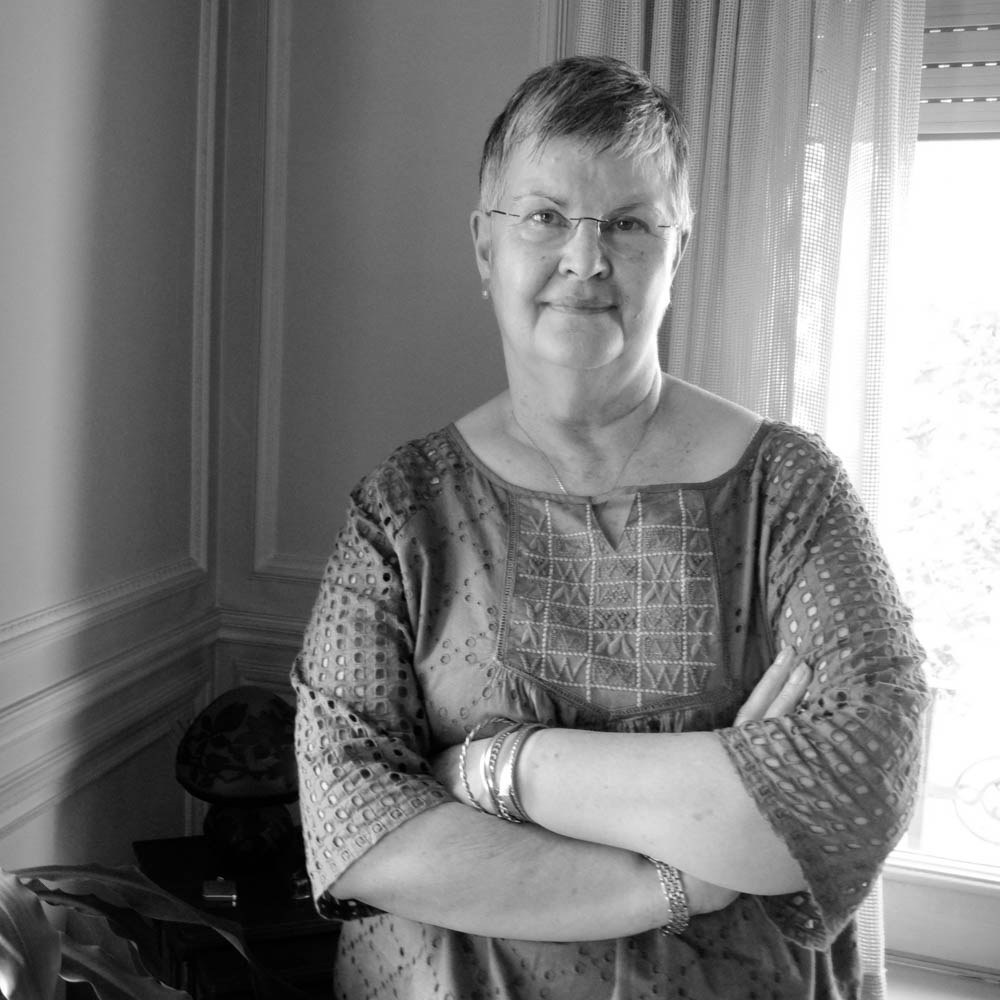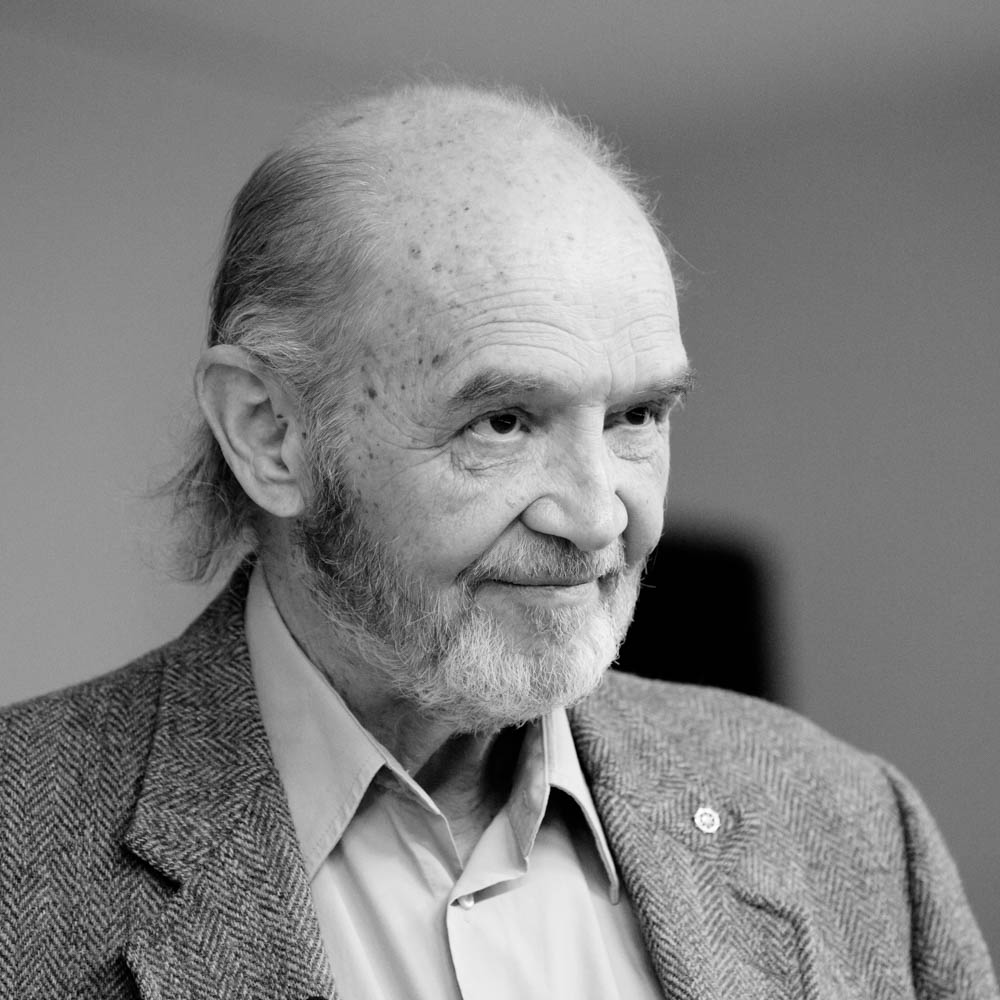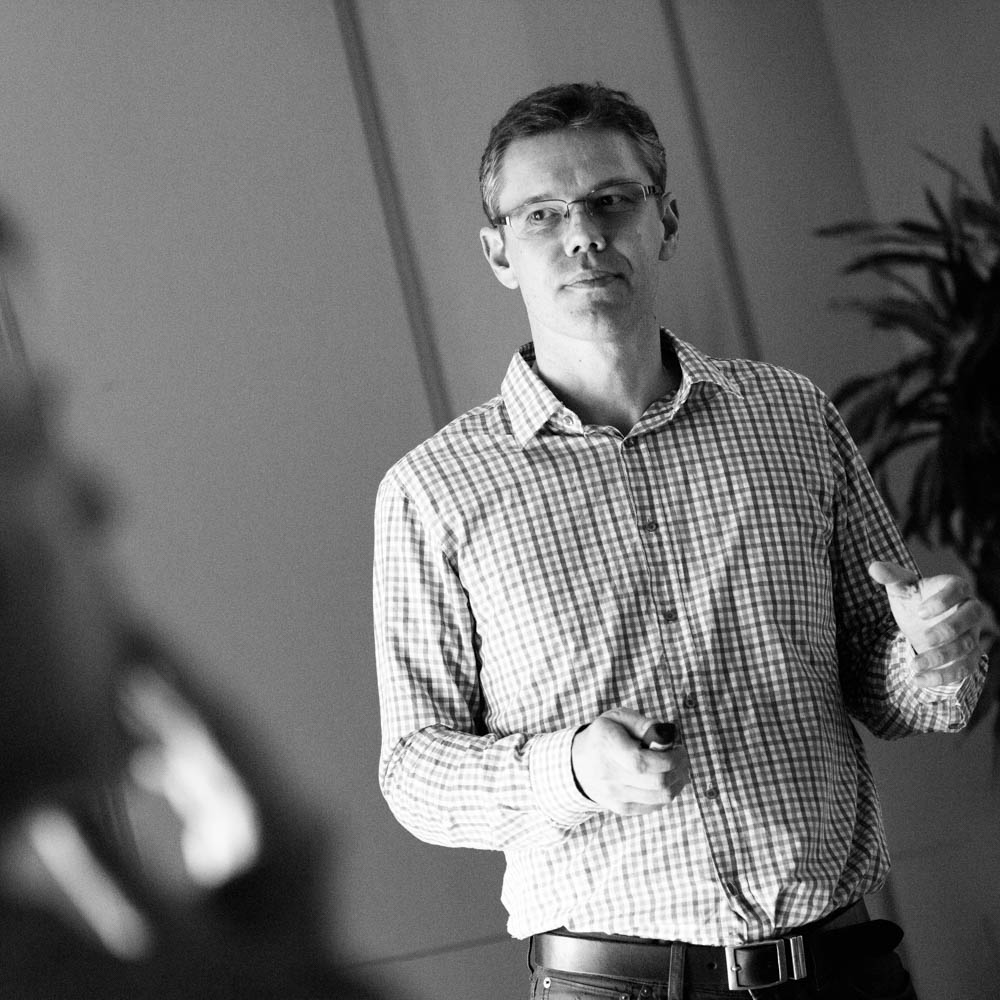
"Global Realities: Precarious Survival and Belonging"
June 1–4, 2017 | Art Center Kobe, Kobe, Japan
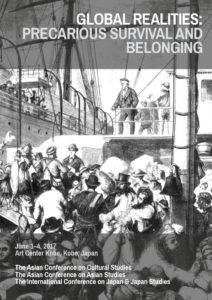
The theme for The Asian Conference on Cultural Studies 2014 in Osaka was “Borderlands of becoming, belonging and sharing”. In his presentation, Conference Co-Chair Professor Baden Offord wrote “Gloria Anzaldua’s idea of the borderland has become a critical conceptual rubric used by cultural researchers as a way of understanding, explaining and articulating the in-determined, vague, ambiguous nature of everyday life and the cultural politics of border-knowledge, border crossings, transgression, living in-between and multiple belongings. Borderlands is also about a social space where people of diverse backgrounds and identities meet and share a space in which the politics of co-presence and co-existence are experienced and enacted in mundane ways.”
Now we revisit that territory under the title “Global Realities: Precarious Survival and Belonging”. While retaining the ideas expressed by Professor Offord in 2014, this conference will turn its focus on to the precariousness of life across the world, life being understood in all its amplitude. Since 2014 we have witnessed the horror of the refugee crisis in Europe and how borders which should have been crossed have been blocked off by barbed wire fences. The whole context of borders, belonging and survival has shifted resulting in an increase in racism, radical nationalisms, terrorism, infringements of human rights, and rising poverty levels, to mention only a few of the globalised problems confronting our world. The result of such precarity, even of the planet itself, has led to a generalised sense of communal and individual vulnerability.
Raimond Gaita recently noted, “It is striking how often people now speak of ‘a common humanity’ in ethically inflected registers, or ethically resonant tones that express a fellowship of all the peoples of the earth, or sometimes the hope for such a fellowship.” Hopefully, this conference will discuss the ways and means by which a “common humanity” may be aspired to by future generations.
Programme
-
 Cross-Cultural Engagement and Media Integration in Japan and East AsiaSpotlight Presentation: Seiko Yasumoto
Cross-Cultural Engagement and Media Integration in Japan and East AsiaSpotlight Presentation: Seiko Yasumoto -
 Not Just Your Average Cartoon – “Mainzelmännchen” As Agents of Conservative TV PropagandaSpotlight Presentation: Holger Briel
Not Just Your Average Cartoon – “Mainzelmännchen” As Agents of Conservative TV PropagandaSpotlight Presentation: Holger Briel -
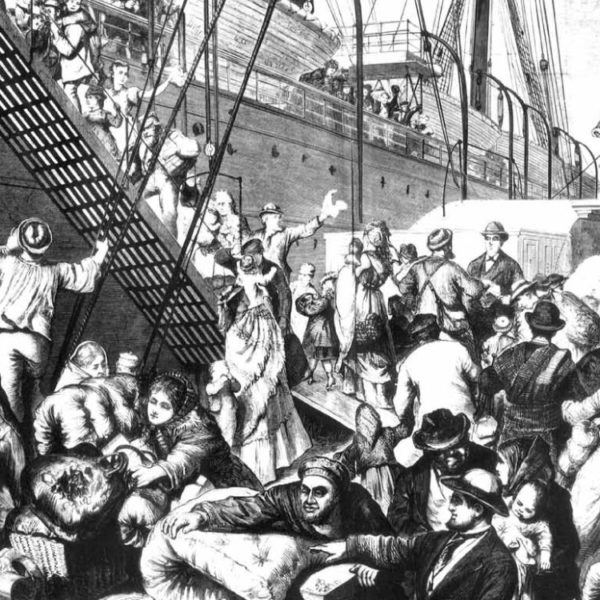 Precarious Futures, Precarious Pasts: Migritude and PlanetarityKeynote Presentation: Gaurav Desai
Precarious Futures, Precarious Pasts: Migritude and PlanetarityKeynote Presentation: Gaurav Desai -
 The Challenges of Doing Cultural Studies TodayFeatured Panel Presentation: Donald E. Hall, Sue Ballyn & Yasue Arimitsu
The Challenges of Doing Cultural Studies TodayFeatured Panel Presentation: Donald E. Hall, Sue Ballyn & Yasue Arimitsu -
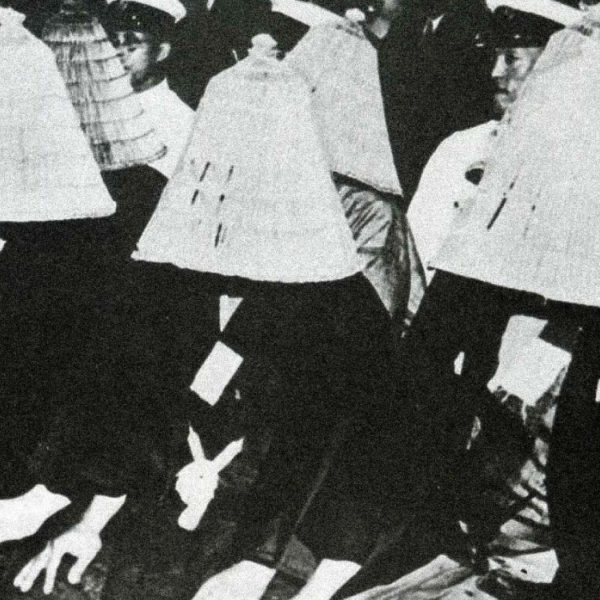 Buddhist Terrorism?Featured Presentation: Brian Victoria
Buddhist Terrorism?Featured Presentation: Brian Victoria -
 Disciplinary and Interdisciplinary Studies in Today’s University SystemsFeatured Presentation: Yasue Arimitsu
Disciplinary and Interdisciplinary Studies in Today’s University SystemsFeatured Presentation: Yasue Arimitsu -
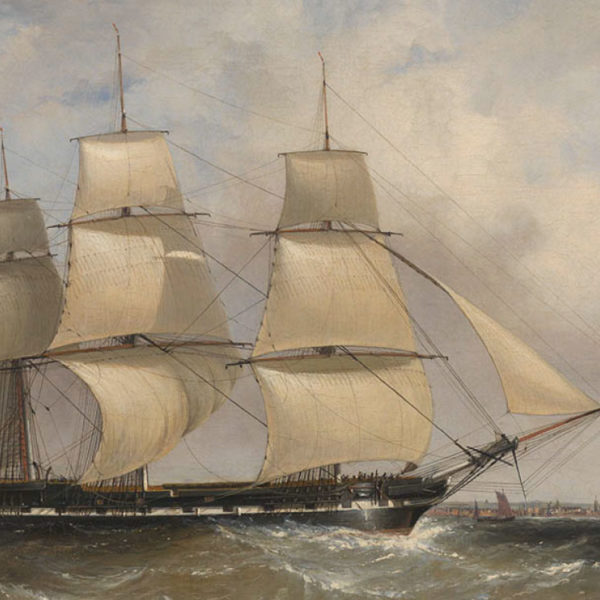 “(…) For those in peril on the sea”: The Important Role of Surgeons on Convict TransportsSpotlight Presentation: Sue Ballyn
“(…) For those in peril on the sea”: The Important Role of Surgeons on Convict TransportsSpotlight Presentation: Sue Ballyn
Speakers
-
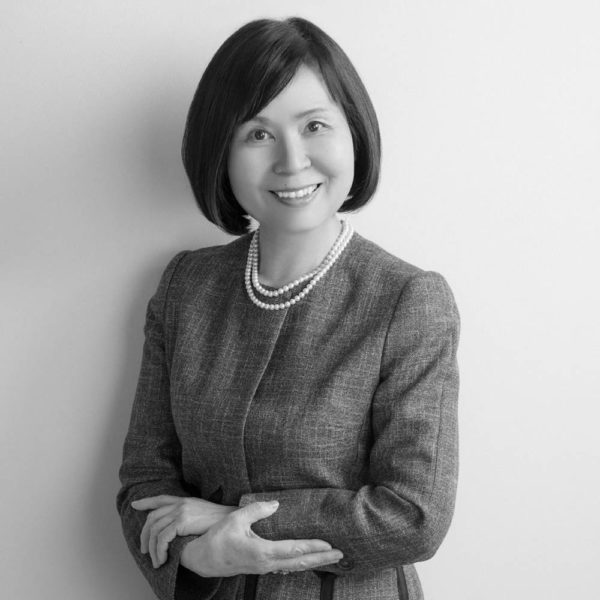 Yasue ArimitsuDoshisha University, Japan
Yasue ArimitsuDoshisha University, Japan -
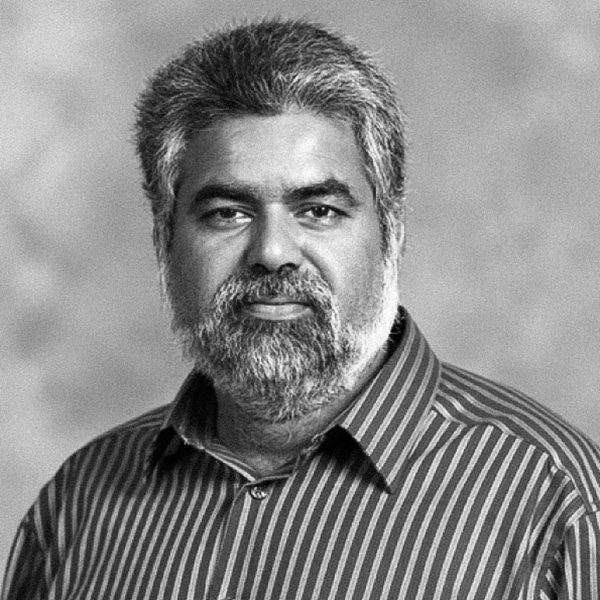 Gaurav DesaiUniversity of Michigan, Ann Arbor, USA
Gaurav DesaiUniversity of Michigan, Ann Arbor, USA -
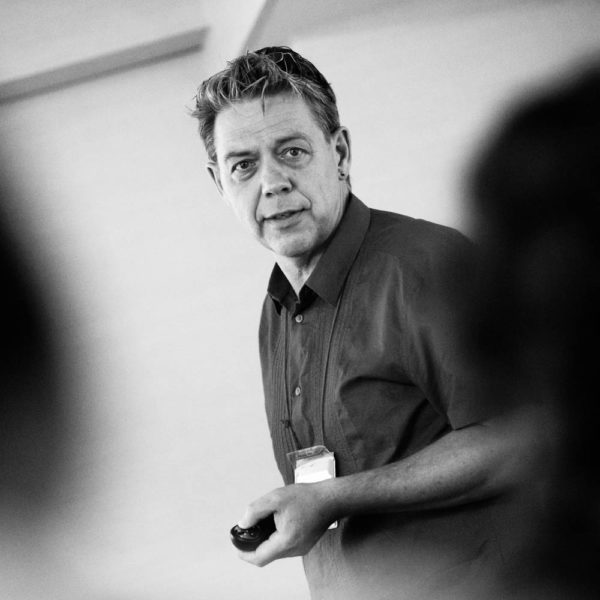 Holger BrielXi’an Jiaotong-Liverpool University, China
Holger BrielXi’an Jiaotong-Liverpool University, China -
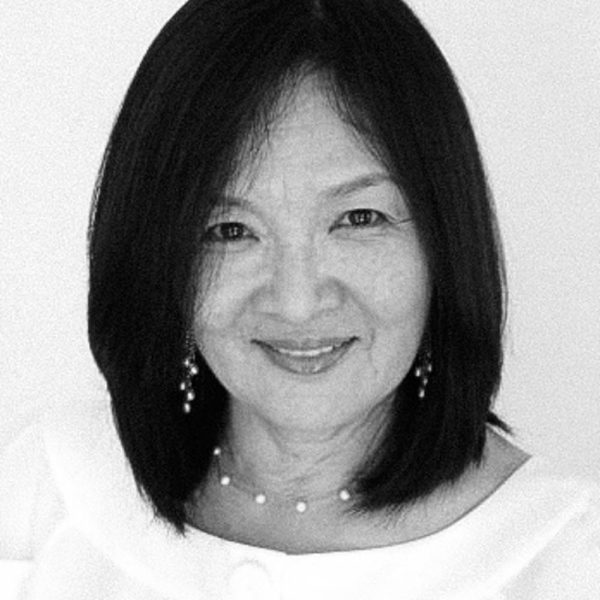 Seiko YasumotoUniversity of Sydney, Australia
Seiko YasumotoUniversity of Sydney, Australia -
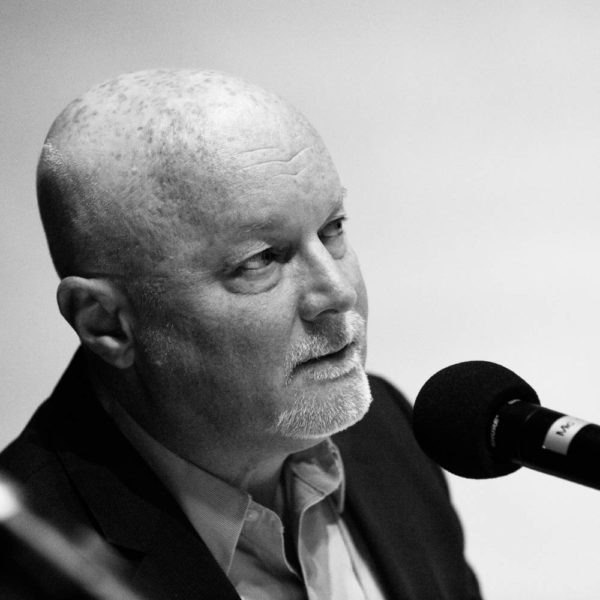 Donald E. HallLehigh University, United States
Donald E. HallLehigh University, United States -
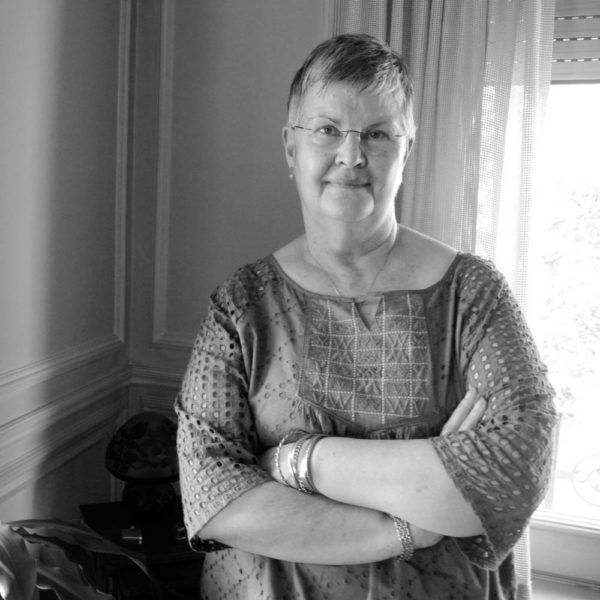 Sue BallynUniversity of Barcelona, Spain
Sue BallynUniversity of Barcelona, Spain -
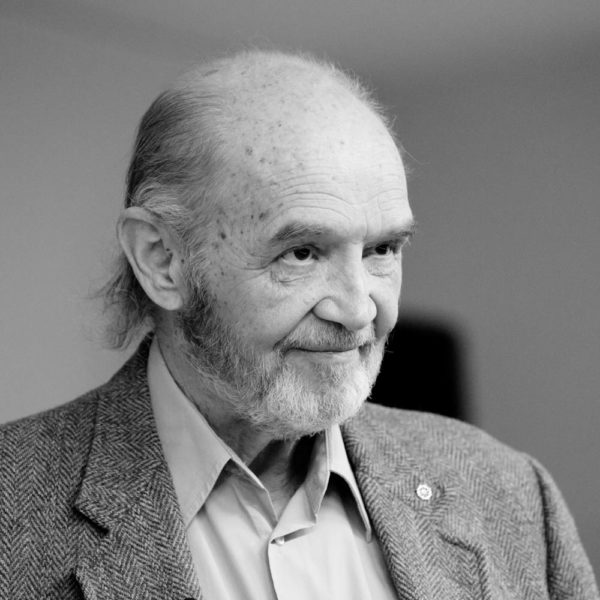 Brian VictoriaOxford Centre for Buddhist Studies, UK
Brian VictoriaOxford Centre for Buddhist Studies, UK
Organising Committee
The Conference Programme Committee is composed of distinguished academics who are experts in their fields. Conference Programme Committee members may also be members of IAFOR's International Academic Board. The Organising Committee is responsible for nominating and vetting Keynote and Featured Speakers; developing the conference programme, including special workshops, panels, targeted sessions, and so forth; event outreach and promotion; recommending and attracting future Conference Programme Committee members; working with IAFOR to select PhD students and early career academics for IAFOR-funded grants and scholarships; and overseeing the reviewing of abstracts submitted to the conference.
-
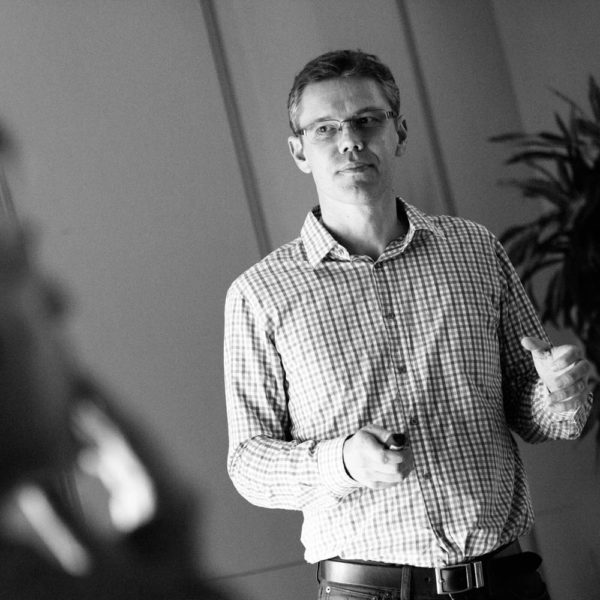 Richard DonovanKansai University, Japan
Richard DonovanKansai University, Japan -
 Holger BrielXi’an Jiaotong-Liverpool University, China
Holger BrielXi’an Jiaotong-Liverpool University, China -
 Seiko YasumotoUniversity of Sydney, Australia
Seiko YasumotoUniversity of Sydney, Australia -
 Donald E. HallLehigh University, United States
Donald E. HallLehigh University, United States -
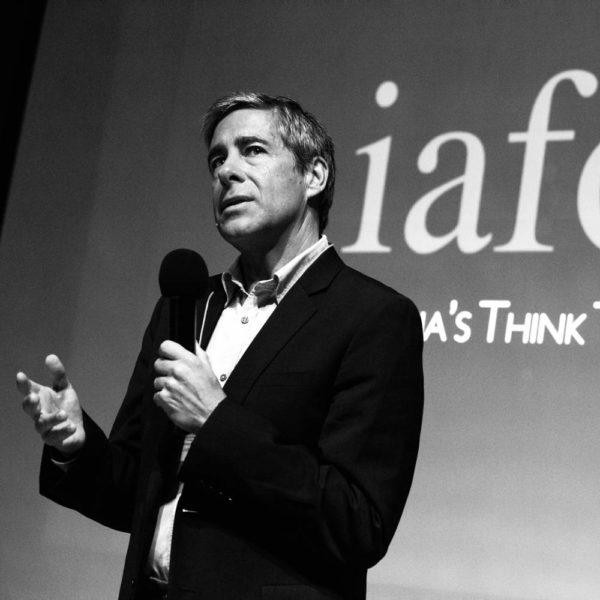 Baden OffordCentre for Human Rights Education, Curtin University, Australia & Cultural Studies Association of Australasia
Baden OffordCentre for Human Rights Education, Curtin University, Australia & Cultural Studies Association of Australasia -
 Sue BallynUniversity of Barcelona, Spain
Sue BallynUniversity of Barcelona, Spain -
 Joseph HaldaneThe International Academic Forum (IAFOR), Japan
Joseph HaldaneThe International Academic Forum (IAFOR), Japan
Review Committee
ACAS2017 Review Committee
- Dr Elena Kolesova, Unitec Institute of Technology, New Zealand
- Dr Felix Tan, Singapore Institute of Management, Global Education, Singapore
- Dr Ma. Junithesmer Rosales, Polytechnic University of The Philippines, The Philippines
ACCS2017 Review Committee
- Dr Cecilia Fe Sta Maria-Abalos, University of the Philippines Baguio, The Philippines
- Dr Eun Joo Kim, New York University-Shanghai, China
- Dr Lourdes Nieva, Central Bicol State University of Agriculture-Sipocot, The Philippines
- Dr Padmaja Kamat, Pes Shri Ravi Sitaram Naik College of Arts & Science, India
- Dr Shulin Chiang, Chinese Culture University, Taiwan
- Professor Teresa Chen, California State University-Long Beach, United States
